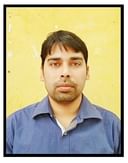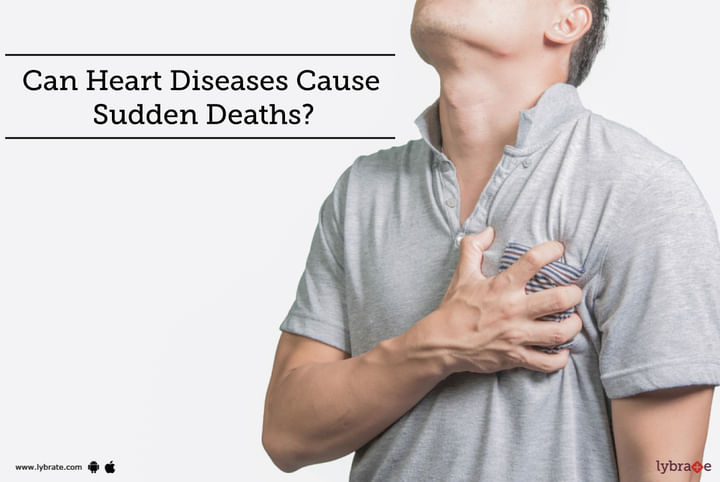Can Heart Diseases Cause Sudden Deaths?
When the normal functioning of the heart shuts down suddenly due to heart disease or any other cardiovascular condition, then this is known as sudden death due to a heart problem. Every year, there are over 100,000 deaths globally due to this reason, as per various medical studies. Sudden Cardiac Arrest or SCD is a cause of death for many adults who may or may not be suffering from chronic heart disease. Let us find out more about this condition.
Difference between SCD and Heart Attack: A myocardial infarction or heart attack can happen when there is a blockage in one of the arteries of the heart which prevents the passage of blood and oxygen to the heart's varied chambers. When the oxygen present in the blood does not reach the heart in adequate amounts and on time, it can lead to a heart attack. In the case of SCD or sudden cardiac arrest, the problem happens due to a shutdown of the heart after a malfunction in the electrical systems which can lead to varied irregularities.
Accelerated heartbeats, fluttering and quivering of the ventricles which are also known as ventricular fibrillation, as well as other similar causes can ensure that the blood does not reach the heart on time, which can lead to sudden death. The patient usually loses consciousness within the very first few minutes as the blood does not reach the brain.
Symptoms: There are a number of symptoms that are associated with this phenomenon. While losing consciousness is one of the first signs, others include a racing heartbeat as well as heart rhythm problems and dizzy spells. The symptoms usually take place suddenly without prior warning and lead to a complete shutdown of the heart and its functions.
Causes: The main cause of SCD is a condition known as arrhythmias which is basically characterized by abnormal heart rhythms and vertical fibrillation which leads to disorganized impulses to be released from the ventricles due to which the heart cannot pump blood properly. It can lead to death within a matter of minutes if it remains untreated.
Revival: On an emergency basis, the patient will have to be given CPR by an expert at the emergency unit of the hospital. This is a manual process of retrieving the patient by pumping the chest and breathing into the patient's mouth. Portable defibrillators can also be used to revive the patient in such cases.
Risk Factors: Patients who have suffered heart attacks in the past and have a family history of heart disease and heart attacks, are at maximum risk when it comes to SCD. Also, factors like obesity and diabetes can increase the risk.



+1.svg)
